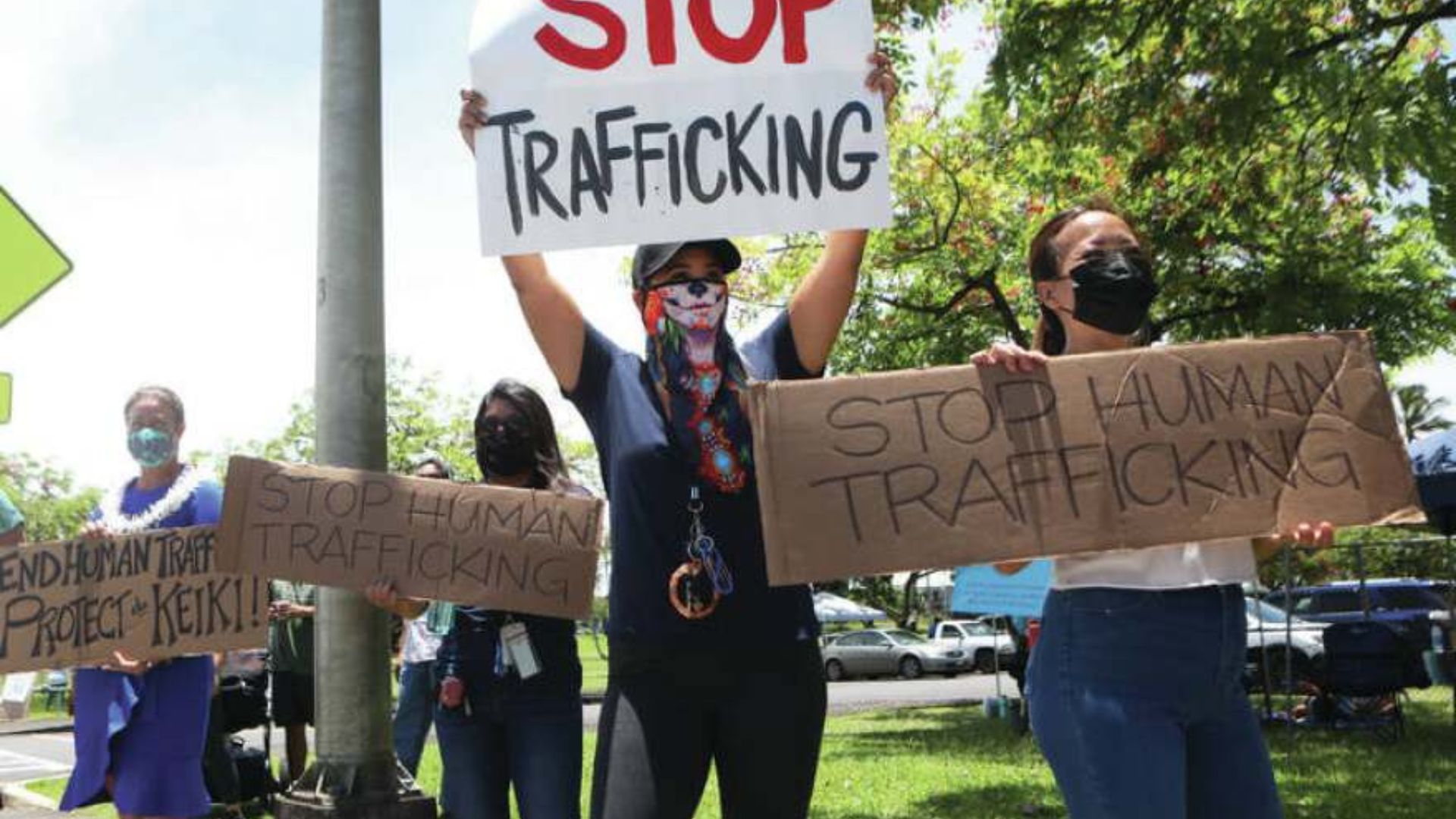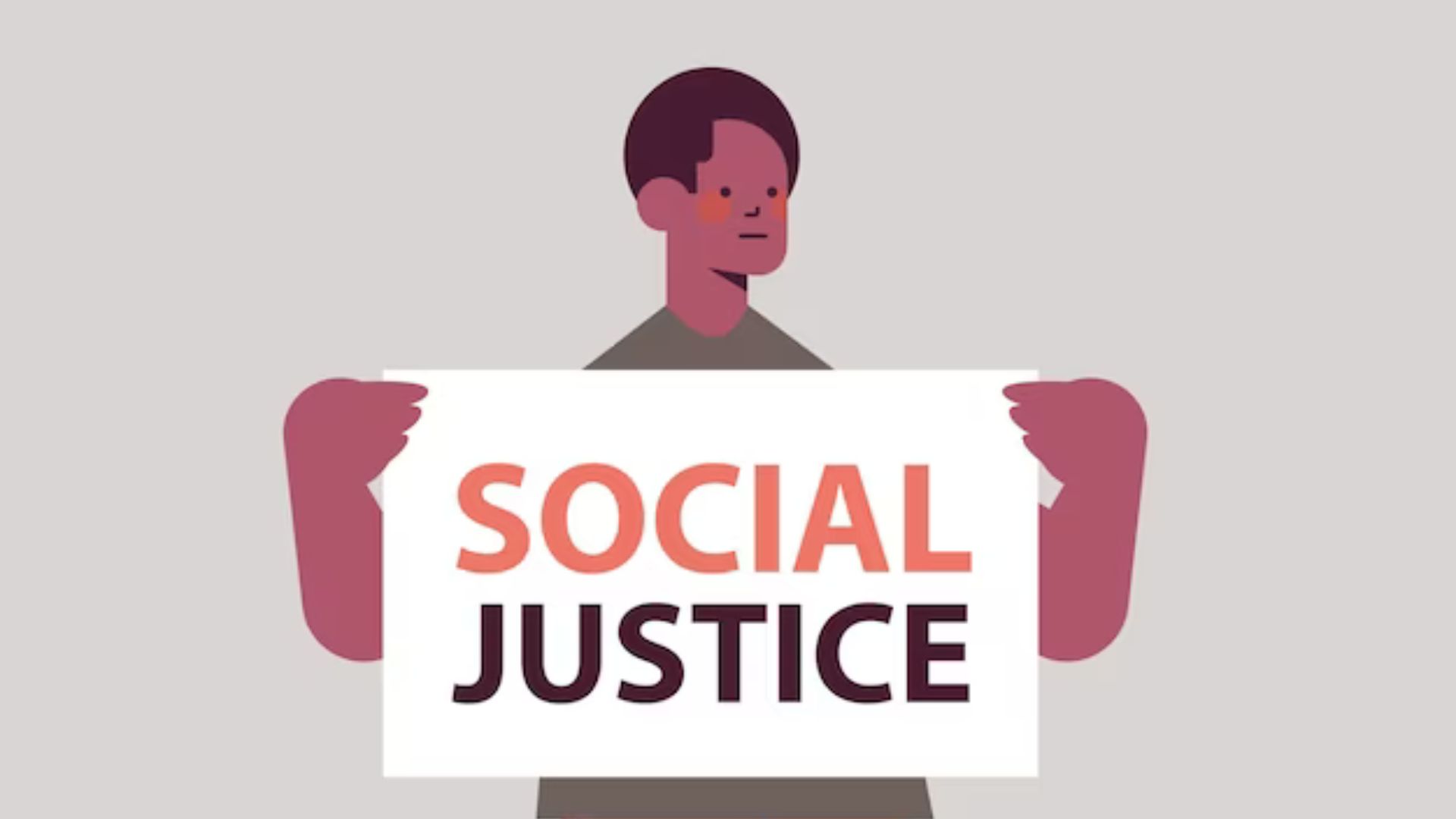|
Getting your Trinity Audio player ready...
|
Human trafficking encompasses various forms of exploitation, including forced labour, sex trafficking, and organ trafficking. While efforts to combat human trafficking involve multiple stakeholders, including governments, law enforcement agencies, and NGOs, the active involvement of youth is increasingly recognized as crucial in this fight. Youth engagement in anti-human trafficking activism not only raises awareness but also drives meaningful change and empowers communities to combat this heinous crime effectively.

Understanding Youth Engagement
Youth engagement refers to the active participation of young people in activities that contribute to societal change and address pressing issues such as human trafficking. It encompasses a wide range of actions, from advocacy and education to direct involvement in rescue operations and victim support initiatives. Youth engagement recognizes the unique perspectives, energy, and creativity that young people bring to the table, making them valuable allies in the fight against human trafficking.
Initiatives Driving Youth Engagement
Numerous initiatives worldwide are dedicated to engaging young people in anti-human trafficking efforts. These initiatives aim to educate youth about the realities of human trafficking, empower them to become advocates for change and provide platforms for their voices to be heard. Youth-led organizations, student clubs, and grassroots movements play a significant role in mobilizing young activists and channelling their energy into impactful action.
Challenges and Opportunities
While youth engagement holds immense potential in the fight against human trafficking, it also faces challenges. Limited access to resources, lack of awareness, and systemic barriers can hinder young people’s ability to actively participate in anti-trafficking efforts. Additionally, addressing sensitive issues such as human trafficking requires comprehensive support systems and specialized training for youth activists.
However, despite these challenges, youth engagement presents unique opportunities for innovation and collaboration. Young people bring fresh perspectives, digital literacy skills, and a passion for social justice to the table, driving creativity and innovation in anti-human trafficking initiatives. By harnessing the power of youth-led activism, communities can develop more effective strategies to prevent trafficking, support survivors, and hold perpetrators accountable.
Impact and Outcomes
The impact of youth engagement in anti-human trafficking activism extends far beyond raising awareness. Young activists play a vital role in driving policy change, advocating for victim rights, and shaping public discourse on human trafficking. Their efforts contribute to community mobilization, legislative reforms, and the implementation of survivor-centred approaches to combating trafficking.
Moreover, youth engagement fosters a culture of activism and social responsibility among young people. Additionally, empowering them to become agents of change in their communities. By amplifying youth voices and providing them with opportunities for leadership and advocacy, society can harness the full potential of young activists in the fight against human trafficking.
Youth-Led Prevention Programs
Many youth-led organizations and grassroots initiatives focus on prevention efforts. Additionally, by educating young people about the risks of human trafficking and equipping them with tools to protect themselves and their peers. These programs often include workshops, training sessions, and awareness campaigns designed to raise awareness about the tactics used by traffickers and empower youth to recognize and respond to potential trafficking situations.
Advocacy and Policy Reform
Youth engagement extends beyond direct action to include advocacy and policy reform at local, national, and international levels. Young activists often lobby policymakers, participate in legislative hearings, and mobilize public support for measures aimed at combating human trafficking. Young people contribute to shaping more effective anti-trafficking policies and strategies. Furthermore, by advocating for stronger laws, increased funding for victim services, and improved support for survivors,
Digital Activism and Social Media Campaigns
In today’s digital age, social media platforms play a crucial role in raising awareness and mobilizing support for social causes. Youth activists leverage the power of social media to amplify their voices. They also share educational resources and organize online campaigns to combat human trafficking. Hashtag movements, viral challenges, and multimedia content reach wide audiences, sparking conversations and driving action on human trafficking issues.
Collaboration with Law Enforcement and NGOs
Youth engagement in anti-human trafficking activism often involves collaboration with law enforcement agencies, non-governmental organizations (NGOs), and other stakeholders. Young activists participate in task forces, advisory boards, and community partnerships focused on preventing trafficking, identifying victims, and prosecuting traffickers. By working alongside professionals in the field, youth activists gain valuable insights. They also contribute to more coordinated and effective responses to trafficking.
Conclusion
Youth engagement in anti-human trafficking activism is essential for building a more resilient and inclusive response to this global challenge. By investing in youth-led initiatives, providing resources and support, and amplifying their voices, we can harness the energy. We can also harness the creativity of young people to create a world free from human trafficking. Together, let us empower the next generation of leaders and activists. Moreover, to drive meaningful change and build a brighter future for all.




